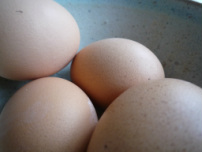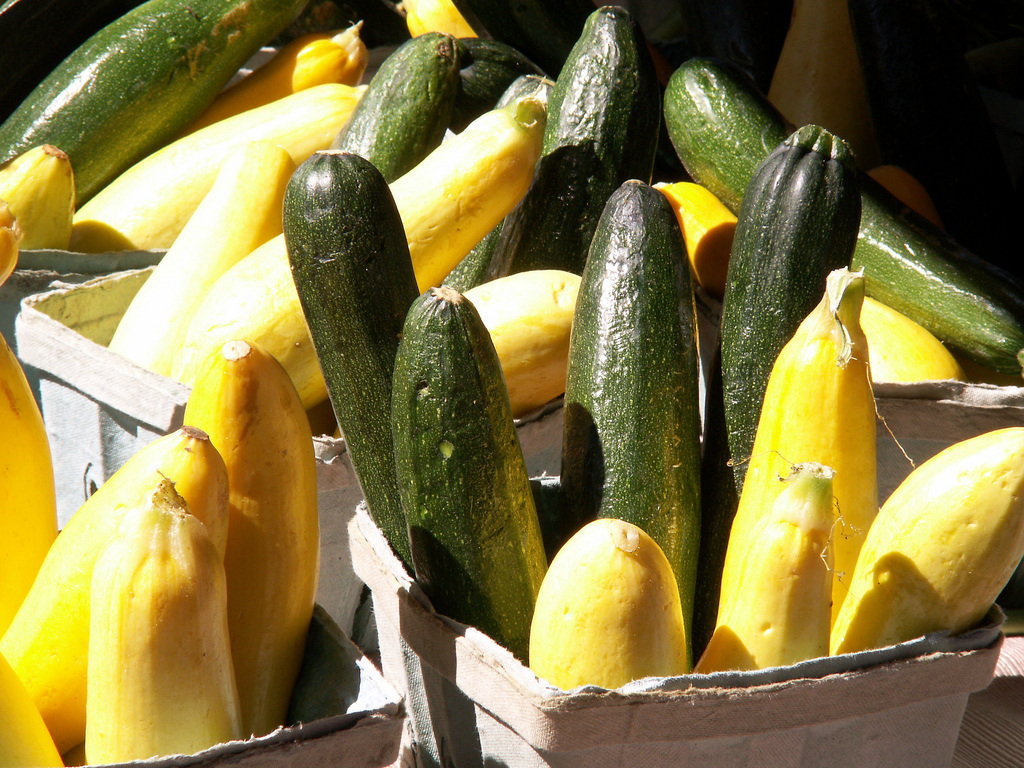Nutrition and Food Therapy

I strongly believe that many of our pet's health problems can be traced to feeding inappropriate diets. I do not follow or advocate a single dietary program for animals with a "one size fits all" approach. Instead, I work with you to develop a nutritional therapy plan that is tailored to your animal's specific needs.
Dietary recommendations take into account a variety of factors such as the species, age, breed, weight, work the animals is expected to perform and disease condition. Also, your lifestyle, family and budget are all taken into consideration when choosing from complete home-made diets to commercially available pet foods.
Chinese Food Therapy is one of the branches of Traditional Chinese Medicine (TCM) that studies food as therapeutic agents for the preservation of health and the treatment and prevention of disease. For over 2000 years, doctors in China evaluated and recorded the properties of foods and their effects on the body. Food is considered to have the same energetic actions as herbs (cooling, warming, etc.) for treating disease and its application is based on similar principles but with a much broader range of applications.
Chinese food therapy follows the same diagnostic and treatment principles as acupuncture and Chinese herbal medicine. Chinese food therapy can be thought of as food used as medicine. Diets are designed to bring the body back into balance and work synergistically with the other TCM modalities like acupuncture and herbs.
Food is classified into four basic energetic classifications based on the fundamental principles of TCM:
Dietary recommendations take into account a variety of factors such as the species, age, breed, weight, work the animals is expected to perform and disease condition. Also, your lifestyle, family and budget are all taken into consideration when choosing from complete home-made diets to commercially available pet foods.
Chinese Food Therapy is one of the branches of Traditional Chinese Medicine (TCM) that studies food as therapeutic agents for the preservation of health and the treatment and prevention of disease. For over 2000 years, doctors in China evaluated and recorded the properties of foods and their effects on the body. Food is considered to have the same energetic actions as herbs (cooling, warming, etc.) for treating disease and its application is based on similar principles but with a much broader range of applications.
Chinese food therapy follows the same diagnostic and treatment principles as acupuncture and Chinese herbal medicine. Chinese food therapy can be thought of as food used as medicine. Diets are designed to bring the body back into balance and work synergistically with the other TCM modalities like acupuncture and herbs.
Food is classified into four basic energetic classifications based on the fundamental principles of TCM:
- Thermal nature (hot, warm, neutral, cool, cold)
- Flavor (sour, bitter, sweet, pungent, salty)
- Organ association (a food can affect specific internal organs )
- Meridian affiliation (a food has a definite effect on a particular acupuncture channel more than any others)


